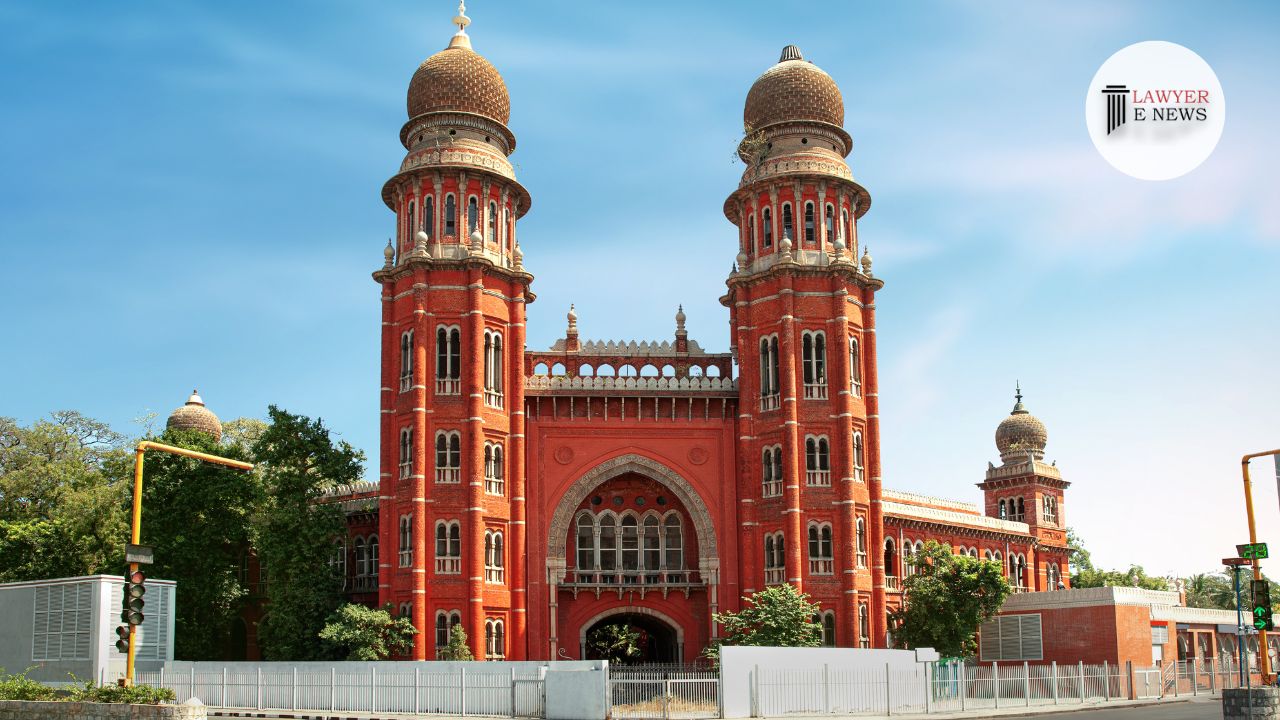-
by Admin
17 February 2026 4:27 AM



In a significant judgment, the Madurai Bench of the Madras High Court, presided over by Hon’ble Mr. Justice K.K. Ramakrishnan, has set aside a conviction under the stringent POCSO Act, highlighting crucial aspects of evidence evaluation in cases involving minors.
The appellant, Sujithkumar @ Sonaimuthu, was previously convicted by the Sessions Court under Section 5(l) r/w 5(J)(ii) r/w 6 of the POCSO Act for sexually exploiting a minor girl. He was sentenced to rigorous imprisonment of ten years and a fine of Rs. 5,000. Challenging this, the appellant approached the High Court.
In the judgment dated 19.01.2024, Justice Ramakrishnan observed, “This Court feels that the prosecution miserably failed to prove the age of the victim girl to constitute the offence under the POCSO Act” (Para 9). The Court’s acquittal of the appellant pivots primarily on the failure of the prosecution to conclusively prove the age of the victim.
The defense’s argument, effectively leveraging the Supreme Court precedent in Yuvaprakash Vs. State, centered around the unreliability of the school records that stated the victim’s date of birth. It was contended that there was no evidence to affirm that the entries were made with a proper source or correctness. The Court concurred with this view, pointing out that the entries in school records weren’t proved beyond reasonable doubt as required by Rule 12 of Juvenile Justice (Care and Protection of Children) Rules, 2007.
Additionally, the Court noted that even though compensation was granted to the victim, the conviction and sentence of the appellant needed to be set aside due to the lacuna in proving the age of the victim. The order emphasized the importance of meticulous evidence examination in cases under the POCSO Act, especially regarding the age of the victim.
Date of Decision : 19.01.2024
Sujithkumar @ Sonaimuthu VS State, rep. By The Inspector of Police
